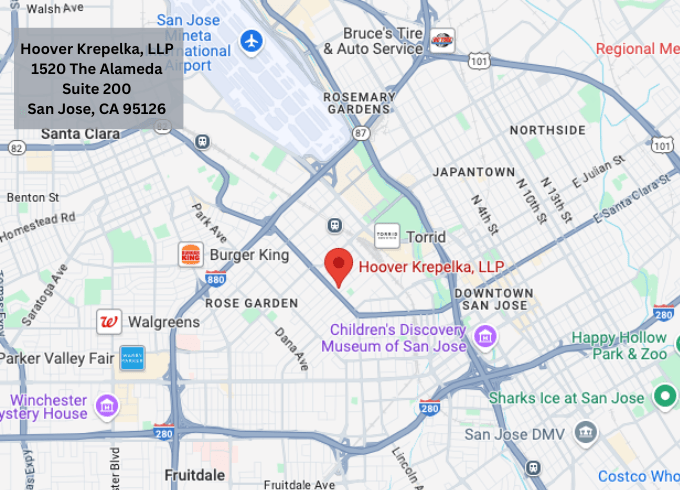People often assume that child custody is an umbrella term referring to who gets to parent the child at a certain time. They often focus on where the child is going to live because this is important when planning out a custody schedule.
But there are actually two types of custody. The first is physical custody, which refers to where the child lives. The second is legal custody, which refers to who gets to make decisions for that child.
What type of decisions can you make?
The decisions that someone gets to make are generally those that parents would make anyway when they were married. They could include what type of medical care a child gets, where they go to school, what type of religion they join and other things of this nature.
It’s important to know that a parent can be given one type of custody and not the other. For instance, maybe your ex has an unstable living situation, but they still strive to be a good parent. They could be given shared legal custody so that they can work with you to make important decisions for the child, but you could be given physical custody and shared legal custody, meaning you get to help make these decisions, and the child lives with you.
No matter how things are assigned, it’s important to note that the specifics of your child custody arrangement, as handed down by the court, will determine your rights and obligations moving forward. This can become somewhat contentious if you don’t feel that you’re getting the type of custody that you want, so make sure that you know about all of your legal options.






